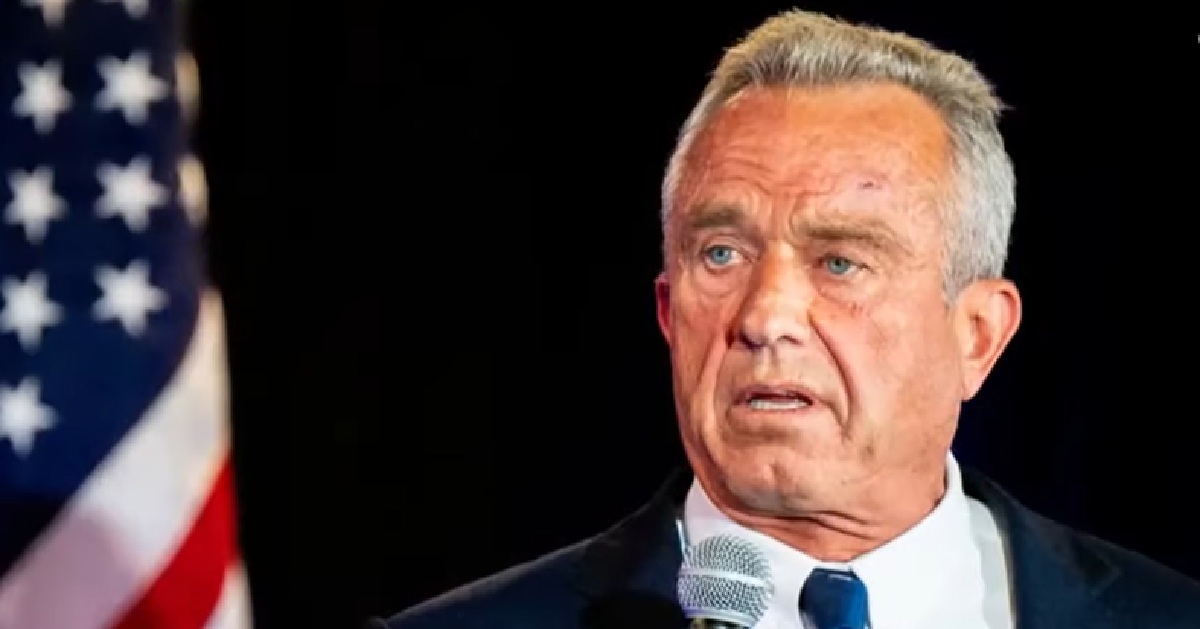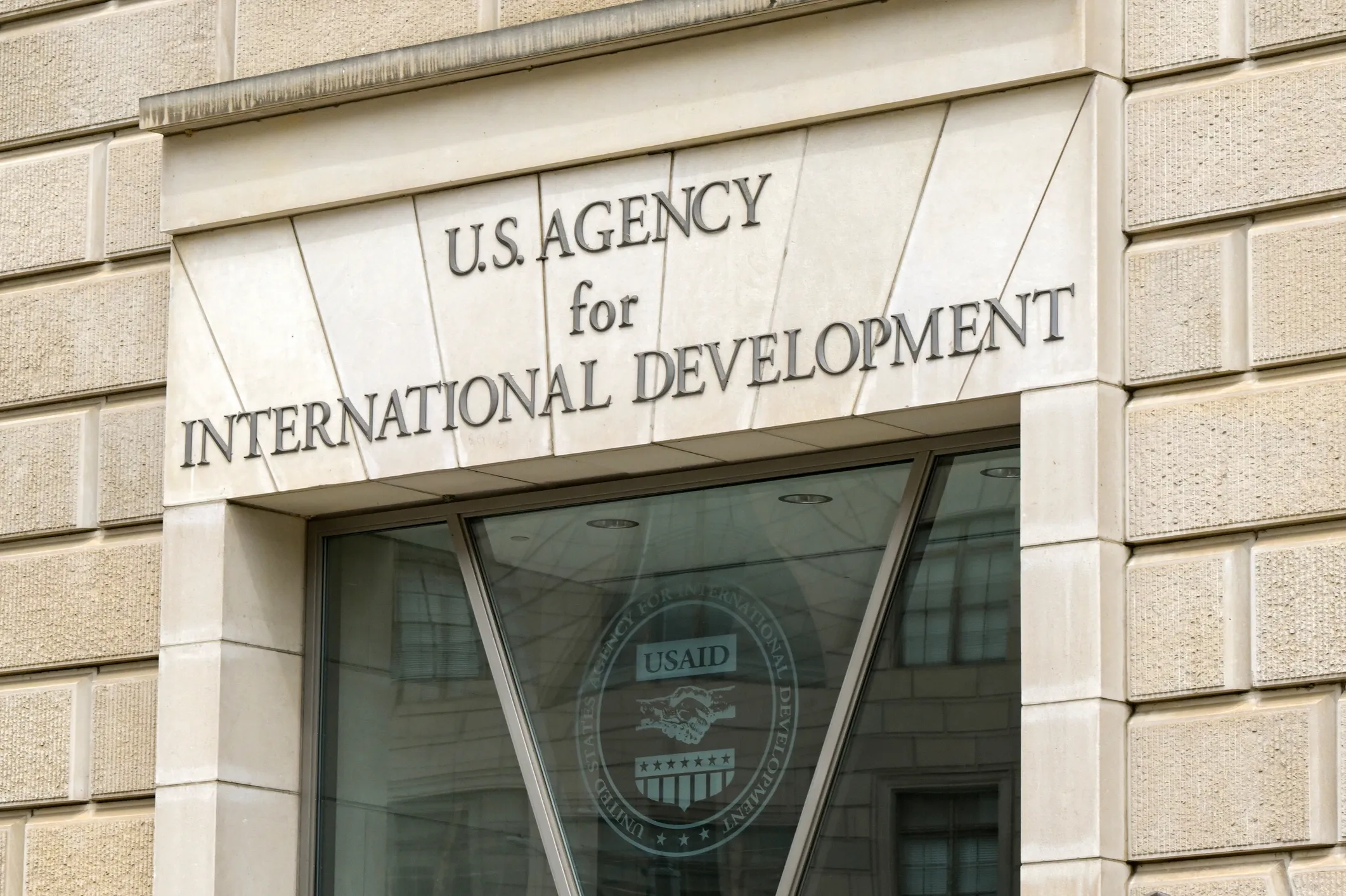Health and Human Services Secretary Robert F. Kennedy Jr. seems to be stepping back from his ambitious promise to identify the cause of autism spectrum disorder by September 2025. This shift was highlighted in a CNN interview, raising questions about his commitment to the original timeline. Skeptics are all ears, wondering if Kennedy can stick to his word.
Back in April, during a Trump administration cabinet meeting, Kennedy made a bold pledge. He assured President Donald Trump and others present that they would pinpoint the cause of autism by September. Kennedy spoke with confidence, saying they had launched a vast research initiative involving hundreds of global scientists.
The promise was received warmly by President Trump, who praised Kennedy’s September goal. Trump even speculated on potential causes, reflecting the urgency of finding answers. Despite extensive research, scientists have struggled to identify a definitive cause for autism, although diagnoses have surged in recent years.
Critics point to Kennedy’s recent CNN interview as evidence of his wavering resolve. During the interview, he was asked if he was still committed to the September deadline. His response indicated a shift, suggesting that the initial promise might be more complicated than anticipated.
Kennedy clarified that by September, they would have completed some studies, particularly replication studies of existing research. He emphasized the importance of replication in scientific research, highlighting the necessity for consistent results. Kennedy mentioned plans to deploy 15 new groups of scientists, with grants going out soon.
Underscoring the value of replication, Kennedy stated that without it, the integrity of scientific findings could be compromised. He noted that they were revising NIH procedures to allocate a significant portion of funding to replication efforts. Kennedy expressed concern about the potential for scientific misconduct without rigorous replication standards.
Regarding the timeline, Kennedy admitted that while some information would be available by September, a complete understanding might take an additional six months. This acknowledgment has fueled further speculation about the feasibility of the original timeline. Observers are left to ponder whether Kennedy’s initial promise was overly ambitious.
The media spotlight has intensified around Kennedy’s comments, with outlets like Fox News and Newsmax weighing in. Critics argue that the backtrack reflects a broader issue of accountability within the administration. Kennedy’s challenge now is to maintain credibility while navigating the complexities of scientific research.
The autism community, eager for answers, is watching closely as this unfolds. Many are hopeful that the ongoing research efforts will yield meaningful insights. Kennedy’s commitment to transparency and scientific rigor will be crucial in maintaining public trust.
In the political realm, Kennedy’s statements have sparked discussion about the role of government in scientific research. Supporters of his approach argue that it aligns with conservative values of accountability and results-oriented governance. The emphasis on transparency and rigorous standards is seen as a positive step.
Kennedy’s ability to deliver on his promises will likely influence public perception of the administration’s competence. The stakes are high, with many invested in the outcome of these research efforts. As the clock ticks, the pressure mounts for Kennedy and his team.
While Kennedy’s shift in tone may disappoint some, others see it as a realistic adjustment to a complex challenge. The journey to uncover the causes of autism is fraught with obstacles, but the commitment to scientific integrity remains firm. Observers will continue to scrutinize the unfolding developments.
The road ahead will undoubtedly be challenging, with many hurdles to overcome. Kennedy’s leadership and the dedication of the scientific community will be critical in this endeavor. The hope is that the research will ultimately lead to meaningful progress in understanding autism.
As the story develops, Kennedy’s actions will be closely analyzed by political allies and critics alike. The outcome of this initiative could have significant implications for future health policy. The path to discovery is long, but the commitment to finding answers remains steadfast.



